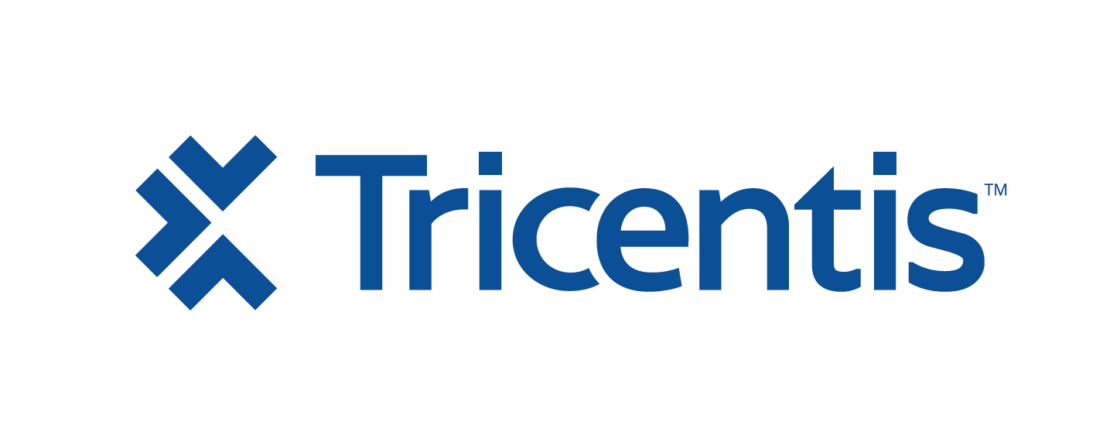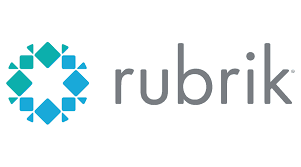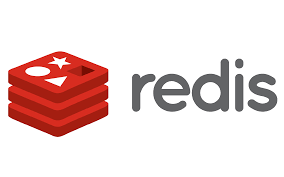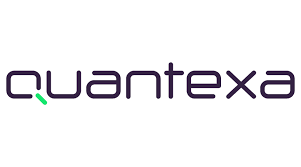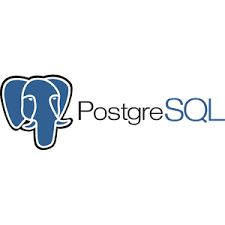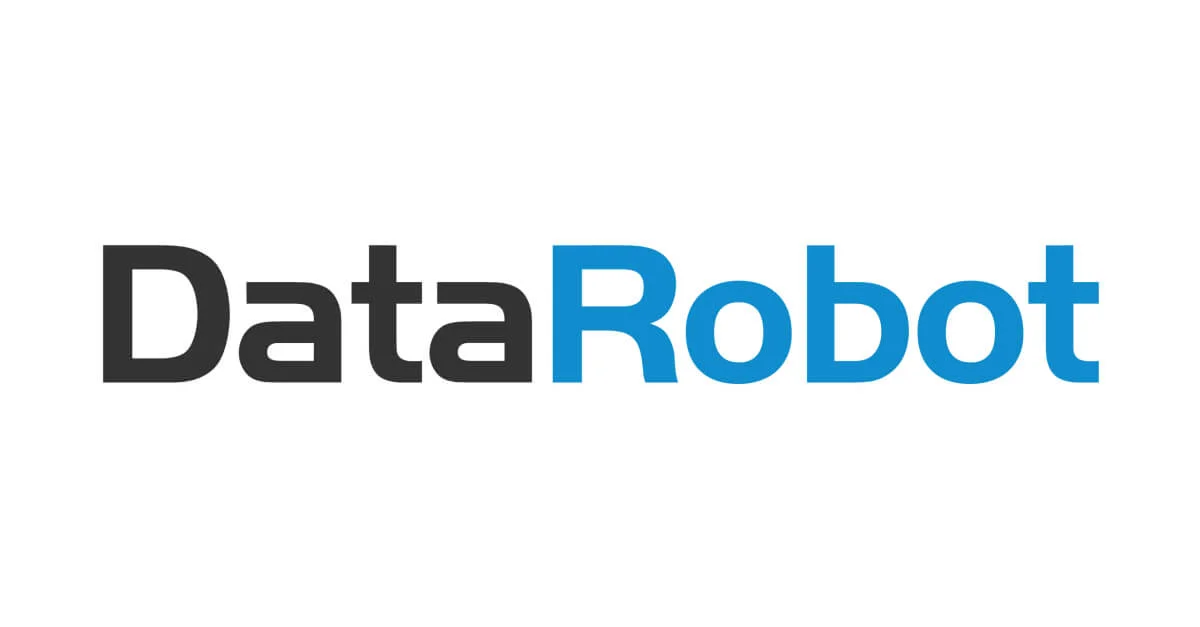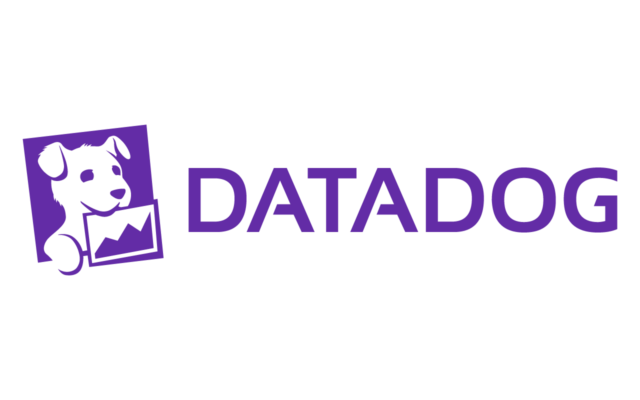Data integrity and control ensure that information is accurate, consistent, and secure throughout its lifecycle. These practices are crucial for maintaining trust, compliance, and informed decision-making within organizations.
Data strategy roadmap and rollout provide a structured plan for managing and utilizing data effectively. It outlines the steps to align data initiatives with business goals, ensuring a successful implementation that drives value and informed decision-making.
Data monetization involves turning data into valuable assets by leveraging it to generate revenue, improve products, or enhance customer experiences. It enables businesses to unlock new revenue streams and gain a competitive advantage.
Customer 360 solutions provide a comprehensive view of customer data by integrating information from multiple sources. This holistic approach enables personalized experiences, better decision-making, and stronger customer relationships.
Insight transformations involve converting raw data into actionable insights that drive strategic decisions. This process helps organizations uncover trends, optimize performance, and innovate effectively.
Intelligent Analytics leverages advanced technologies like AI and machine learning to analyze data more effectively. It uncovers deeper insights, predicts trends, and enables smarter decision-making for businesses.
Data Engineering focuses on building and maintaining the infrastructure that enables data collection, storage, and analysis. It ensures that data is accessible, reliable, and prepared for analysis, supporting informed decision-making across organizations.
Data Management involves organizing, storing, and maintaining data to ensure its accuracy, security, and accessibility. It is essential for supporting decision-making, compliance, and overall data quality within an organization.
Data Quality and Data Governance solutions ensure that data is accurate, consistent, and reliable while establishing policies for proper data management. These solutions are critical for maintaining trust, compliance, and effective decision-making within organizations.
Data Administration involves managing and overseeing the day-to-day operations of data systems, including database management, security, and access control. It ensures that data is available, secure, and efficiently managed to support business needs.
Generative AI creates new content, such as text, images, or music, by learning patterns from existing data. It enables innovation and creativity across various fields by generating novel and useful outputs.











